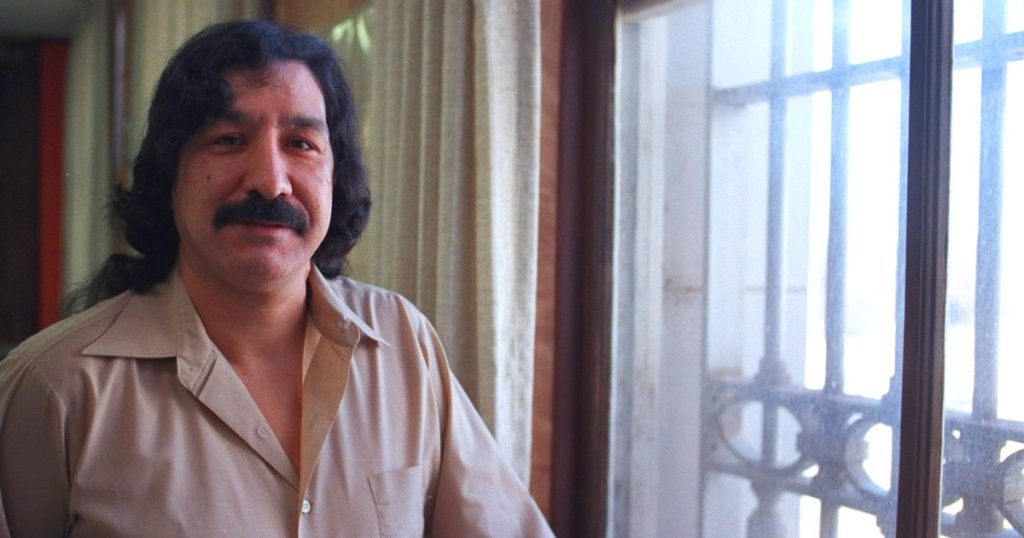Leonard Peltier, a Native American activist and federal prisoner, is due for a parole hearing, his first in 15 years, as he continues to maintain his innocence in the murders of two FBI agents almost fifty years ago. Peltier’s attorney, Kevin Sharp, has stated that Peltier is in good spirits and preparing for the hearing with the hope of presenting the best case for his release. Medical and re-entry experts will be called to support his case, along with letters from his community and prominent figures who have backed his release over the years.
Despite ongoing scrutiny surrounding Peltier’s case, his age, nonviolent record in prison, and declining health are factors that his attorney believes should be considered in the parole decision. Supporters of Peltier argue that the federal government’s resistance to his previous bids for parole has been motivated by retribution rather than concerns about public safety. The FBI has remained steadfast in its opposition to Peltier’s release, citing the brutal nature of the crime and Peltier’s lack of remorse for his actions.
The events leading to Peltier’s imprisonment date back to 1975 when FBI agents Jack Coler and Ron Williams were killed in a shootout on the Pine Ridge Reservation in South Dakota. Peltier, an activist with the American Indian Movement, was identified as the only person in possession of a weapon that could fire the fatal bullets, despite multiple participants in the gunfight. Evidence suggesting that the fatal bullets did not come from Peltier’s weapon was withheld during his trial, leading to questions about the fairness of his conviction.
Over the years, various individuals, including retired federal prosecutor James Reynolds, have spoken out in support of Peltier’s release, citing concerns about the minimal evidence that led to his lengthy imprisonment. Peltier himself has expressed hope that mounting pressure from Democratic members of Congress and potential clemency from President Joe Biden could lead to his release. The parole process for Peltier, who falls into a small category of elderly federal prisoners eligible for parole, involves a multi-step review by hearing examiners and a parole commissioner.
However, the Parole Commission has faced challenges in recent years due to vacancies and a lack of members to deliberate on cases, potentially hindered inmates’ rights to a fair parole appeal. Peltier’s supporters are banking on the possibility of him being granted parole or released on compassionate grounds by President Biden. As Peltier continues to fight for his freedom, the upcoming parole hearing represents a critical opportunity for advocates to push for his release after nearly five decades behind bars.


